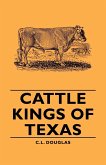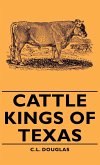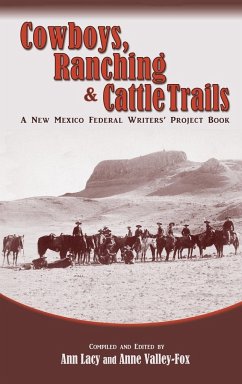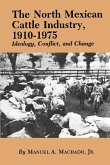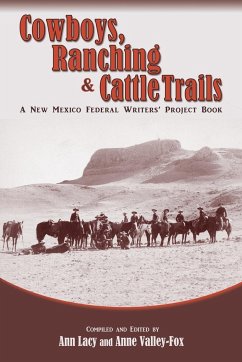In the nineteenth century, the colonial territories of California and Hawai'i underwent important cultural, economic, and ecological transformations influenced by an unlikely factor: cows. The creation of native cattle cultures, represented by the Indian vaquero and the Hawaiian paniolo, demonstrates that California Indians and native Hawaiians adapted in ways that allowed them to harvest the opportunities for wealth that these unfamiliar biological resources presented. But the imposition of new property laws limited these indigenous responses, and Pacific cattle frontiers ultimately became the driving force behind Euro-American political and commercial domination, under which native residents lost land and sovereignty and faced demographic collapse. Environmental historians have too often overlooked California and Hawai'i, despite the roles the regions played in the colonial ranching frontiers of the Pacific World. In Cattle Colonialism, John Ryan Fischer significantly enlarges the scope of the American West by examining the trans-Pacific transformations these animals wrought on local landscapes and native economies.
Hinweis: Dieser Artikel kann nur an eine deutsche Lieferadresse ausgeliefert werden.
Hinweis: Dieser Artikel kann nur an eine deutsche Lieferadresse ausgeliefert werden.



